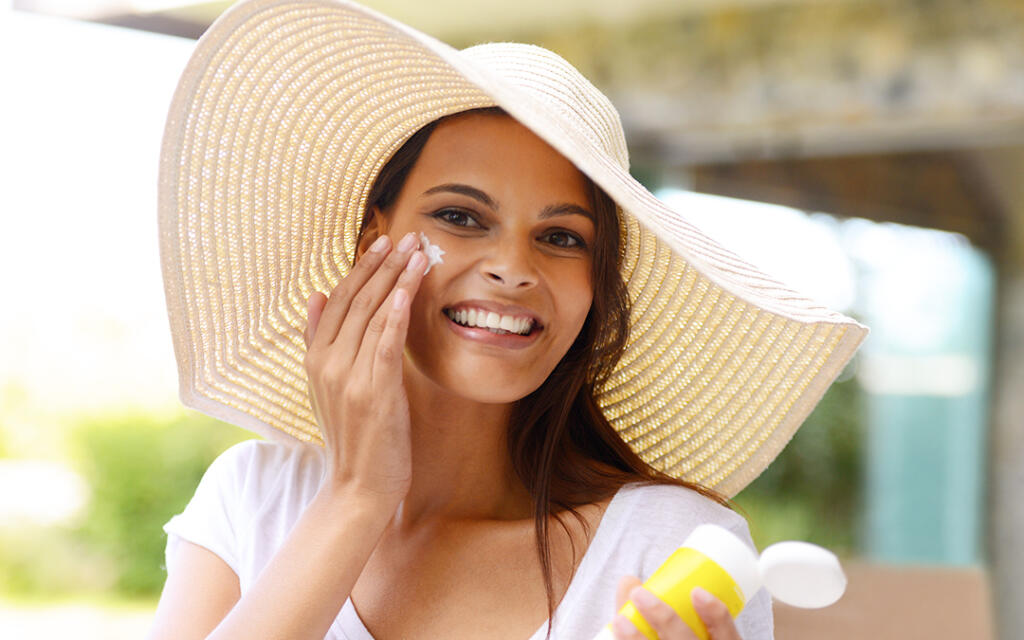
The Importance of Sunscreen (from a Skincare Professional)
Protecting your skin from harmful UV rays by implementing sunscreen into your skincare routine is crucial.
First things first… what even is a UV ray? Ultraviolet radiation is a type of energy produced by the sun, as well as artificial sources. You can’t see it or feel it, but it’s present indoors and outdoors on sunny and cloudy days.
What do UV Rays do?
The damage UV radiation causes goes beyond sunburn. It causes sun damage, hyperpigmentation, liver spots, wrinkles, aging, uneven skin texture, weakened immune system, and skin cancer. It can be scary stuff… but the good news is that prevention is possible!
Get ahead of these things by investing in clean, high-quality sunscreen and using it daily.
When shopping for sunscreen, know the rules:
- You should look for a minimum of 30 SPF. However, 50 SPF will protect you twice as much as 30 SPF will! But (and this is important) higher SPF does not mean you don’t need to reapply. 50 SPF may protect you from 50% more UV rays, but it doesn’t last any longer than 30 SPF.
- Choose a broad-spectrum sunscreen to protect you from both UVA and UVB rays. Dr. Lucas recommends a zinc-only formula! It’s a naturally-occurring mineral that is safe for your skin and acts as broad-spectrum protection.
- Sunscreen is not water or sweat proof. Always reapply sunscreen (of any SPF) every 2 hours or as directed on the label. If you’re going to spend a lot of time in the water, go for the “water-resistant” formula, but know that it won’t last all day long.
- Get enough of it… Most people don’t use enough sunscreen when applying. On average, you should use a full teaspoon for your face and neck alone, and at least one ounce (think: the size of a shot glass) for your body.
- If you’re wearing protective clothing or you won’t be outside, still use sunscreen on your face. UV rays exist indoors, not only because of windows, but because of artificial sources, too, like mercury vapor lighting (often used in stadiums and gyms) and some halogen, fluorescent, and incandescent lights.
- Spray-on sunscreen is just not the same as lotion. We know, the idea of not getting sunscreen all over your hands is tempting. But spray-on sunscreen still needs to be rubbed in thoroughly to make sure all skin is covered. Spray-on sunscreens are also not covered by the same FDA regulations on testing and standardization as regular sunscreen, so it’s important to note that it needs to be reapplied more often if you’re using it instead of a lotion.
Still have sunscreen or skincare questions? Want to learn more about your options? Call us today to schedule an aesthetic appointment and get all of your questions answered!